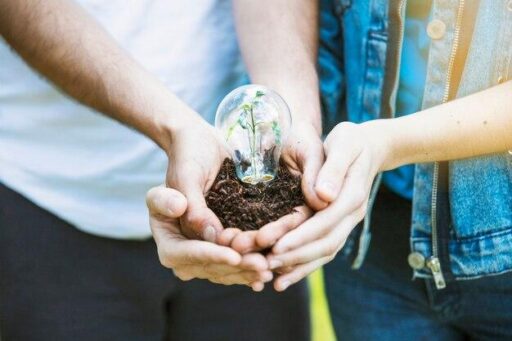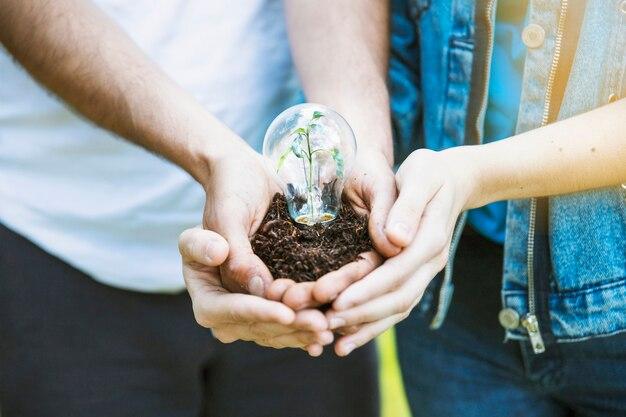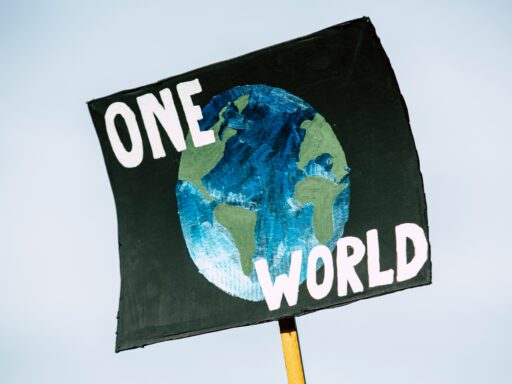Do you understand the concept of energy conservation and the reason for doing one? Energy conservation refers to the action (together with the decision) to use less energy, especially at home. The simplest example is quite obvious: walking rather than driving or turning the lights off when you don’t use them or when you aren’t in the room.
There are two main reasons why people conserve energy. The first one is to save Mother Earth, preventing the destruction and usage of its natural resources. The second one is to reduce the energy bill and have better control over the household appliances.
Energy Efficiency vs Energy Conservation
They may seem similar but they are quite different in principal concept. Energy conservation is about changing your habits and behaviors to use less energy. Energy efficiency is more about using the technology that can save energy to do similar functionality. If you are familiar with smart thermostats, smart home hubs, or energy saving light bulb (among the few), then these are the technologies that can help you save energy. These technologies are considered energy efficient.
The Importance of Conserving Energy
Energy conservation is deeply related to environmental and financial concern. When you conserve energy, you can actually save up money. Imagine how much money you can save when you turn off the unused lights or when you unplug the appliances. You’d be surprised to know that you can actually save up hundreds of dollars every month.
Besides saving up money, you can also reduce carbon emission. Energy produces (and releases) carbon to the environment, known as the carbon footprint. Carbon emissions are responsible in climate change and also the increased number of natural disasters, like floods, droughts, or extreme heat waves.
When you reduce the carbon emissions, you can expect better and cleaner air. High quality air can affect your life and your health. Polluted and dirty air is the main cause for many health issues. In short, when you save energy, you can help to create healthier and cleaner planet while making sure that we won’t run out of natural resources. Don’t think about our only sake, but also think about the future generations.
How to Conserve Energy
The simplest and easiest thing to do is to turn off the lights when not in use. Many houses today have incorporated modern design that allows more natural lights to enter the house. When it’s a broad daylight, you don’t need to use your lights at all. When it’s night time, you won’t have to turn on all of the lights because you can still enjoy the natural lights (from the moon or from the lights outside).
Of course, there are still more ways that you can do when you seriously want to conserve the energy at home:
- Avoid phantom load. It’s when electronics still get power (from the outlets) although you don’t use them. If you have extra money, you can use smart power strips that will turn appliances off completely when they are in the standby mode. Or if you can discipline yourself, you can always unplug the cables of all electronics that you don’t use.
- Swap your regular lights with LED lights or CFL bulbs. You will save up to 25% and even 35% of the energy.
- Turn the refrigerator down. Do you know that around 14% of the total use of household energy comes from refrigerator? Since you can’t really turn it off, why not turn it down then? You should be able to do just fine with 3 degrees Fahrenheit (for the freezer) and 37 degrees Fahrenheit (for the fridge).
- Limit AC usage. AC usage sets around 17% of the household use, and the frequency increases when it’s summer. You should know that you don’t always need to turn the AC on all the time, 24/7. You still need to have good air circulation, which means that you need to let fresh air come into your house. Instead of turning on the AC when it’s slightly hot, why not wearing something comfier, like shorts and sleeveless shirts. If you have big windows at home, it’s even better. Let them open. Even when it’s night time, you can open your windows and enjoy the fresh air.
- Use cloth rags or napkins. Do you know that paper towel is one of the things that are responsible for global warming? You only use it once and it piles up quickly in the landfill. Not to mention that trees are being cut down to produce them. If you have unused or worn cloth, it doesn’t hurt to re-use them into rags or napkins.
- Air dry more often. Your drying feature in the dishwasher and washing machine may help you have dry stuff quickly, but it’s one of the things that suck up a lot of energy. When you wash your clothes, just air dry it. Do the same for your dishes. They are still clean, no matter what.
Final Words
Conserving energy is possible and doable, but it does take a lot of commitment and discipline. But when you are serious about energy conservation matter, you can help this planet – the only home we have.






